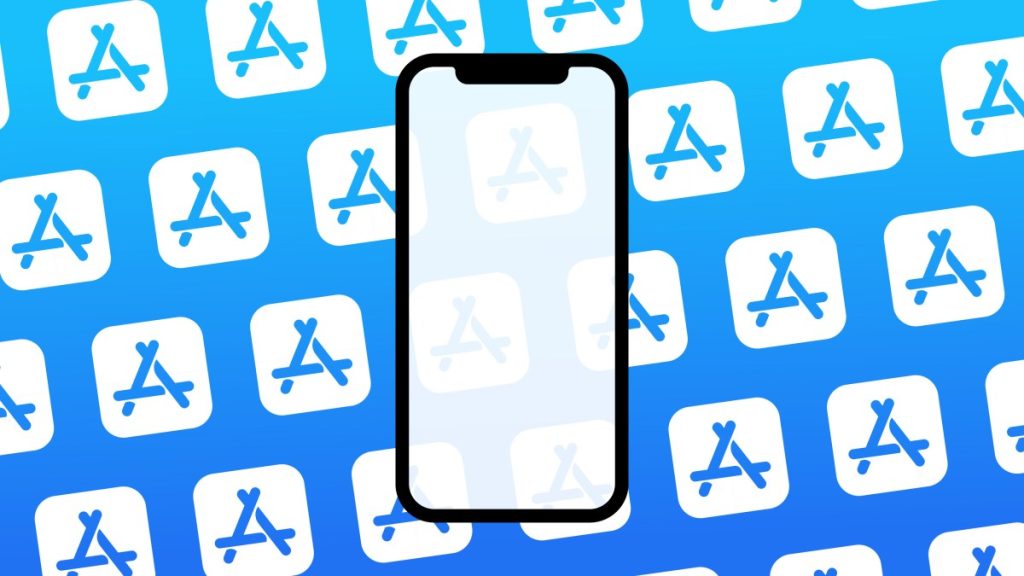Apple Introduces Web Distribution for iOS Apps in the EU
A Significant Shift in Apple’s Walled Garden Approach
In a groundbreaking move, Apple is set to allow web distribution for iOS apps targeting users in the European Union starting Tuesday. Developers who choose to participate and meet Apple’s requirements, such as app notarization, will be able to offer iPhone apps for direct download to EU users from their own websites. This marks a significant departure from Apple’s traditional stance of prohibiting “sideloading” within its mobile ecosystem.
Compliance with EU Regulations
The decision to open up web distribution comes as a response to the European Union’s Digital Markets Act (DMA), a set of regulations aimed at leveling the competitive playing field for platforms’ business users and protecting consumers from the dominance of Big Tech. Apple announced the upcoming web distribution entitlement in March as part of its efforts to comply with the DMA.
Accessing the Web Distribution Entitlement
Developers interested in distributing iOS apps directly can access the entitlement through beta 2 of iOS 17.5. To do so, they must opt into Apple’s new EU business terms, which include a “core technology fee” of €0.50 for each first annual install over 1 million in the past 12 months, regardless of where the apps are distributed.
Additional DMA-Driven Reforms
In addition to web distribution, Apple has introduced other changes in response to the DMA. These include allowing marketplace apps where developers can run their own app stores on iOS, providing more flexibility around in-app payments, and lifting restrictions on informing users about cheaper offers available outside the App Store.
Developer Requirements and Security Measures
To distribute iOS apps directly from their websites, developers must meet certain criteria set by Apple. They must be in good standing with the developer program, handle IP disputes and government takedown requests, and provide customer service to iOS users. Apple emphasizes that all apps distributed from the web must meet its notarization requirements to ensure platform integrity and protect users from external risks.
Apple argues these steps and the information iOS surfaces to users during the authorization process for direct web downloads are reasonable security measures; the DMA permits gatekeepers to apply these steps in order to protect platform integrity.
Criticism and Ongoing Investigations
Despite Apple’s efforts to comply with the DMA, critics have raised concerns about the company’s approach. Some argue that the pop-ups and information displayed during the authorization process for direct downloads are designed to dissuade users from stepping outside Apple’s ecosystem. The European Commission is currently investigating several aspects of Apple’s DMA compliance, including its rules on steering in the App Store and the design of choice screens for browser alternatives.
Uncertainty Surrounding Developer Adoption
It remains to be seen how many iOS developers will embrace the option of direct web distribution. While some app makers have expressed interest in having this capability, it is a new feature that is just starting to become available. Developers now have three routes for reaching users in the EU: the existing App Store distribution, direct web distribution, and submitting a marketplace app to distribute their software through their own alternative store hosted on Apple’s platform.

2 Comments
Apple’s going rogue with EU policy, who would’ve thought?
Apple bending the rules? Now that’s a plot twist I didn’t see coming!